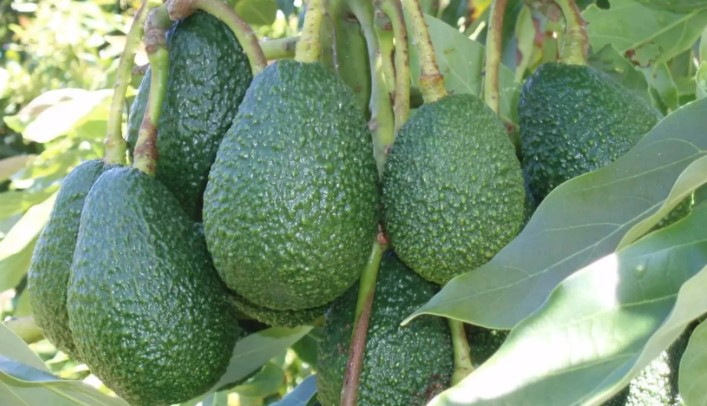Agricultural company Kakuzi Plc has recorded Kes 171.1 million profit before tax in six months to June 2023, attributed to sustained avocado sales amid global gut for macadamia.
Kakuzi Macadamia's venture made more than double the profit lift against its avocado export business, which posted a Kes 654.8 million growth, up from Kes 288.6 million posted last year.
Kakuzi PLC Managing Director Chris Flowers said the firm’s bottom line had been impacted by a Kshs 329 million sectoral loss from its macadamia business.
Further, the firm noted that it is currently pursuing a value-addition strategy to see the firm marketing the produce locally to mitigate further losses in the Macadamia Business.
“The global macadamia glut continues to affect all leading international exporters from Kenya, Australia and South Africa. To mitigate the losses, we have adopted a local marketing strategy geared at availing value added Macadamia products, including ready-to-eat nuts, macadamia flour and cold-pressed oil,” Flowers said.
Did you read this?
While the macadamia business slowed, Kakuzi’s Avocado sales accelerated, with exports to Europe and China peaking.
Further avocado business growth is expected in the year’s second half as exports to Malaysia and India begin to dispatch.
Speaking while confirming the half-year results, Kakuzi Chairman Mr. Nick Ng’ang’a noted that the firm is committed to a shared prosperity business model that prioritizes all its stakeholder needs.
“Sustainably growing our business, actively implementing our Kakuzi, Community Partnerships, answering the call for climate action, and using best practices in all we do to promote our values remains our focus.”
Across the other product lines, Kakuzi has expressed confidence in its Blueberry venture prospects.
“Although our blueberry volumes are still significantly low vis-a-vis the Avocado and Macadamia outputs, the revenue stream remains firmly within the business plans and inspires further investments. Further afield, the performance of the tea, forestry, livestock, and arable land operations continue to play their important role in our crop portfolio,” Said Mr Ng’ang’a.












